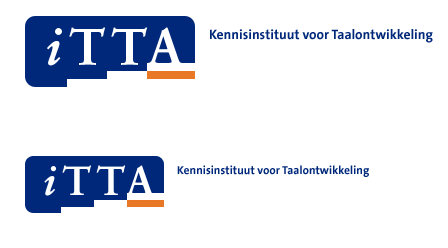Learner autonomy
A new approach to adult literacy and language learning
Classroom teaching helps many adults to improve their literacy and language skills, but to sustain and develop those skills, adults must go on learning outside of and beyond the classroom. Autonomous (i.e. self-directed) learning allows adults to do this, greatly extending the benefits of any tuition they receive.
Find guidance here on how to help adult literacy and language learners develop the confidence and personal learning strategies they need to take charge of their own learning.

What is autonomous literacy and language learning and why does it matter?
Literacy – defined as the ability to understand information and communicate effectively – is widely acknowledged as essential in today's world. As adults, we depend on our literacy skills to solve problems and achieve goals in every sphere of life, including work, personal finances, education and training, healthcare and so on.
The literacy skills we need are not fixed, however. They change over time, as our personal circumstances change and as we move through the lifespan. They also change as society evolves and technology develops. The literacy skills we need today are very different from the skills we needed 20 years ago. The skills we need in five years time will be different again.
This requires us to constantly refresh and update our literacy skills.
Adults with effective personal learning strategies, and the confidence to apply those strategies, use these challenges to develop their literacy skills. When confronted with a new literacy task, they are willing and able to identify what they need to learn and how best to learn it (including where to get help). This is autonomous literacy learning.
Adults who lack the ability and/or confidence to take manage own literacy learning in this way find it much harder to cope with the literacy demands they face.
Formal literacy and language instruction can help these adults to a certain extent, but to function (and progress) independently they need the skills, strategies and confidence to take charge of their own literacy and language learning – to become, in other words, more autonomous as literacy learners.
More information
Find out more about how to help adults become autonomous literacy and language learners.
More information about the follow-up coachproject on autonomy and digital skills (in Dutch).
Recorded webinars about the approach are available in English and in Dutch.
The resources available on these pages were developed with funding from Erasmus+ by the project Autonomous Literacy Learners: Sustainable Results (ALL-SR), 2014-16. Watch a short film about the ALL-SR project.
